10 Fruit And Vegetables Your Dog Will Love
10 Fruit And Vegetables Your Dog Will Love
Carrot
Carrots are a favourite vegetable for many dogs. They are crunchy, making them good for maintaining their dental health. They are also full of beta-carotene too which is known to improve coat and skin health. Freezing carrots makes for a cool treat in warmer weather, or soothing for puppies who are teething. For those of us with smaller dogs, they may appreciate their carrots being cut into more manageable sized pieces for them.
Broccoli
Broccoli is a favourite in our house, with Tizzy in particular doing anything for a piece of broccoli stalk! It is high in vitamin C and fibre, whilst being low in fat, so this is a great choice for dogs on a diet. Too much broccoli can cause flatulence though, so bare that in mind if your dog is prone to being a little windy!
Sweet Potatoes
Sweet potatoes should not be fed raw, as this can make it difficult for your dog to digest. Instead, they should be cooked to make them more digestible, whilst still retaining their nutrients. They are full of fibre, which is great for dogs with sensitive digestive systems. They may even help to firm up loose stools too, so this is worth baring in mind for occasions where your dog has an upset stomach.
Celery
Celery is rich in Vitamins A, C and K, whilst also being low in fat and calories. This is another great option for dogs who are watching their waistlines. This can be given raw or cooked, whichever your dog prefers. Just ensure that if you feed it cooked, that it is not part of a sauce or gravy which may be high in salt.
Peas
Peas are a really popular vegetable for our dogs as they can be fed straight from the freezer if required, or cooked. Most of us have a bag of peas in our freezers I am sure! Mange tout, sugar snap peas and english garden peas are all edible options for our dogs. Avoid tinned peas or mushy peas as these often contain high levels of salt which is not suitable for our canine friends.
Blueberries
Blueberries are an amazing choice for our dogs. They are classed as a 'superfood' and are full of antioxidants which can support your dog's immune system. In fact, they contain more antioxidants than any other fruit! Pretty impressive for such a small berry. It is thought that dogs who regularly eat blueberries following strenuous exercise, have shorted recovery times which is great news for those of us with especially active dogs. They can be fed as they are, or mashed depending on the size of your dog.
Banana
Bananas are naturally full of fibre, potassium and vitamins, making them another great choice for our dogs. Feed the banana itself, without any peel, the same way we would eat them as humans. They are however, relatively high in sugar so feed them in moderation. They can also be mashed into lickmats or food filled toys to increase your dog's mental stimulation and enrichment whilst they enjoy their banana. Win, win!
Apple
Apples are another fruit that is full of vitamins A & C as well as being a source of fibre. Dogs are safe to eat the peel, but you can peel them if you/they prefer. Be sure to remove any pips and the core though, which can be difficult for your dog to digest. Apple pips contain low levels of Cyanide when they are broken up or chewed, which is not good news if your dog consumes them in high quantities. If they eat the occasional pip, it is unlikely to harm them, but it is best to remove them to be on the safe side.
Blackberries
Blackberries are another great source of vitamins and antioxidants. It has been shown that they have natural anti-inflammatory properties which may be helpful to our older dogs, those with injuries or chronic joint conditions. They are also naturally low in calories and sugars so they are a guilt-free choice for our dogs. In fact there are many dogs who actively seek out blackberries growing wildly on their walks, to eat them. Whilst the fruit itself is fine for our dogs, take care that they do not get injured by their prickly branches if they are foraging for their own.
Pineapple
Pineapples should be peeled and cored before being offered to our dogs. The core and the spiky skin can cause intestinal blockages, as they are almost impossible to digest, so they must be avoided at all costs. However, the soft fruit inside is another great source of vitamins and antioxidants. As pineapple consists of over 80% water, it is a good hydrator for your dog in warmer weather. They also contain an enzyme known as Bromelain which has been shown to aid skin issues in dogs due to it's natural anti-inflammatory properties.
As with any new foods, introducing new fruits and vegetables to your dog's diet should be done gradually and in small quantities, to avoid any potential upset stomachs. As the saying goes, 'You can have too much of a good thing' so do not be tempted to over- indulge your dog on their favourite fruits and vegetables. They will benefit much more from a little and often approach instead of all or nothing.
If you would like to learn more about your dog's diet and how it can affect their wellbeing and behaviour, you can find more information from my book Canine Contentment - The Essential Guide.


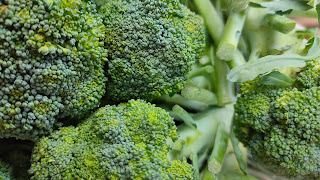

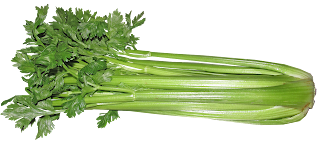

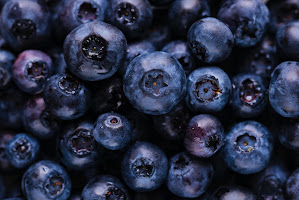

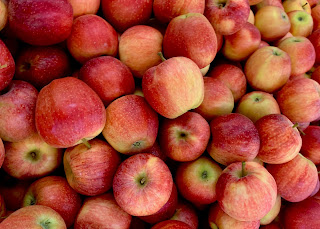
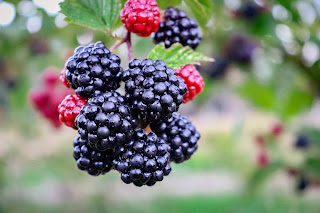
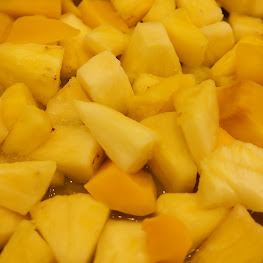
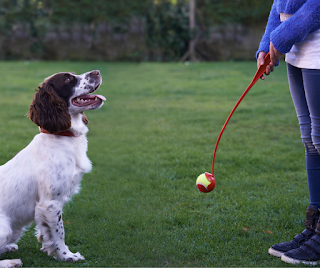

Comments
Post a Comment